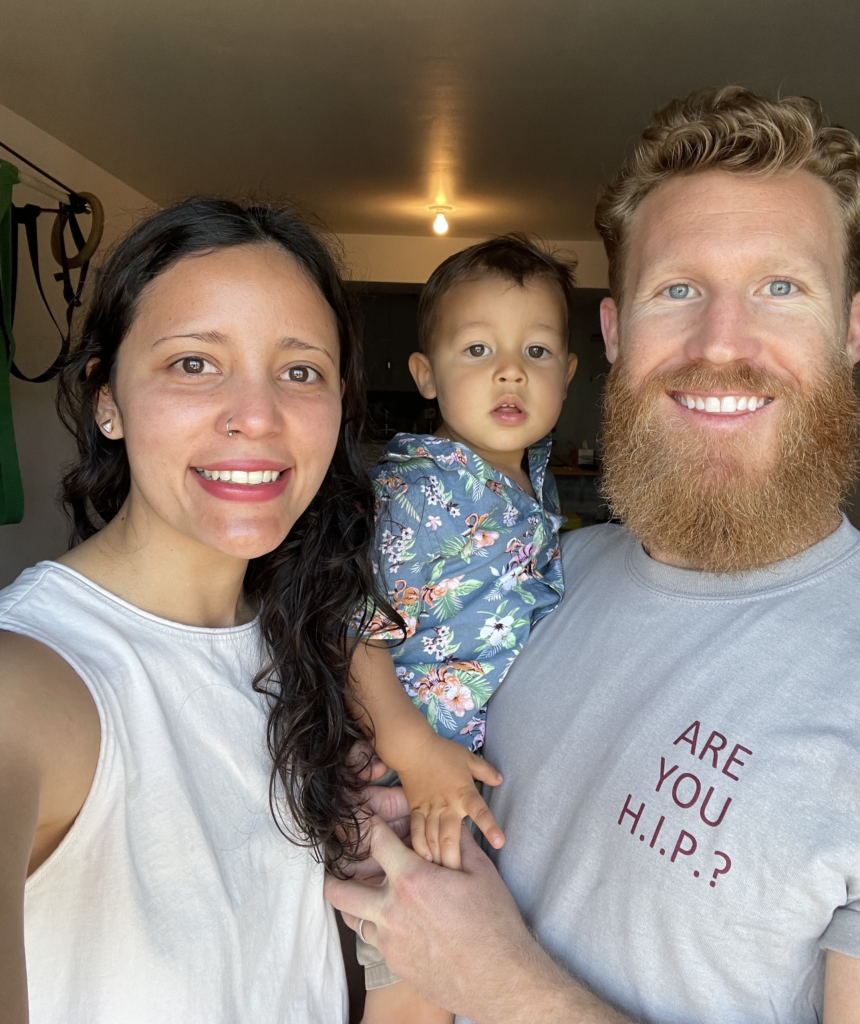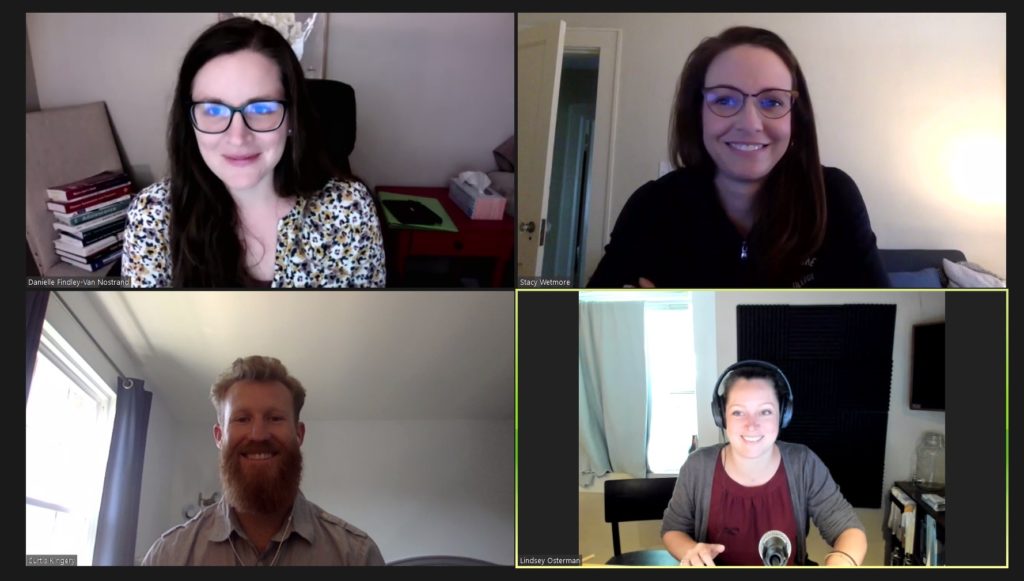
Congratulations to Curt Kingery ’21 for the successful defense of his Honors in the Major Project entitled “Tradeoffs In Designing Ideal Leaders: Does Political Ideology Predict Preferences for Dominant and Prestigious Leaders?” His supervisor, Dr. Lindsey Osterman was joined by committee members, Dr. Danielle Findley Van-Nostrand and Dr. Stacy Wetmore to oversee his defense.

Project Abstract:
Politicians rise to positions of significant influence through different displays of leadership behavior. Two distinct patterns for climbing social hierarchies, and obtaining leadership roles, have emerged from recent research: dominance-oriented and prestige-oriented strategies. These represent profoundly different navigation tactics that accomplish a singular goal, which is to ascend status hierarchies. Which strategy most effectively gains status depends heavily on contextual factors (such as environmental instability and perceptions of intergroup conflict) and the characteristics and needs of followers. Political candidates’ abilities to display cues consistent with one of these orientations, in the appropriate contexts, will impact perceptions of them by potential supporters who are critical to their political success. Evolutionary and social psychological research suggest followership evolved as a strategy to overcome multifarious cooperation and coordination problems from social group-living. Hence, left-leaning or right-leaning political followers’ preconceptions about the world may predispose them to defer status to qualitatively different leaders. In Study 1, we investigated whether or not political orientation reliably predicted a preference for traits associated with dominance or prestige-oriented leader. Participants designed ideal leaders, purchasing various characteristics with 3 different budgets. The different budgets unveiled trade-offs made under constraints. In Study 2, we replicated findings from the first study, and extended the understanding of circumstantial triggers for different leader orientations by assessing the role of—self-perceived—socioeconomic (in)security and pathogenic vulnerability on revealed preferences for an ideal leader.
Congratulations again to Curt Kingery ’21 on a successful defense and we look forward to seeing all you accomplish in the future!
.
.
.
Get Connected!
Blog: https://psych.pages.roanoke.edu/
Facebook: https://www.facebook.com/rcpsychology
Twitter: @RC_Psychology
Linked In: https://www.linkedin.com/groups/RC-Psychology-8140491/about
Website: http://www.roanoke.edu/inside/a-z_index/psychology
Instagram: rcpsychology